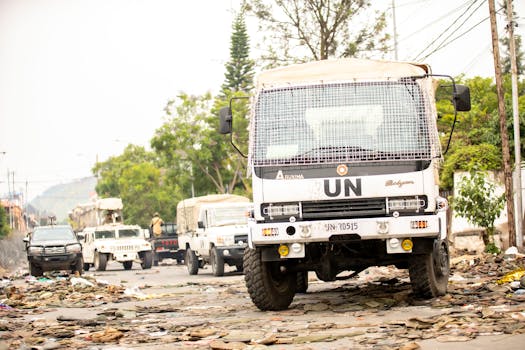"The best way to predict the future is to create it." — Peter Drucker
A significant shift in Gaza’s aid landscape has sparked controversy and contention amidst the international community. The recent announcement of a US-backed aid distribution group’s operations has ignited debates over the effectiveness and ethics of their approach. Adding to the upheaval, the unexpected resignation of the executive director of this organization has thrown the situation into further uncertainty.
The core contention surrounds the notion that this new US-backed entity will purportedly take over the reins of aid distribution in Gaza, allegedly sidelining the longstanding efforts of established aid organizations. This raises concerns about the potential monopolization of aid, which, critics argue, could lead to inefficient and biased distribution, ultimately harming the very population intended to be helped.
The UN’s opposition to this new venture is a prominent example of this pushback, as the organization has a robust and long-established presence in the region. The resignation of the executive director, who reportedly cited personal differences over the organization’s direction, further jeopardizes the situation.
This developing scenario poses significant challenges as the organization’s new initiatives seemingly conflict with existing aid structures. Many aid workers and experts are worried about the potential disruption to the delicate




